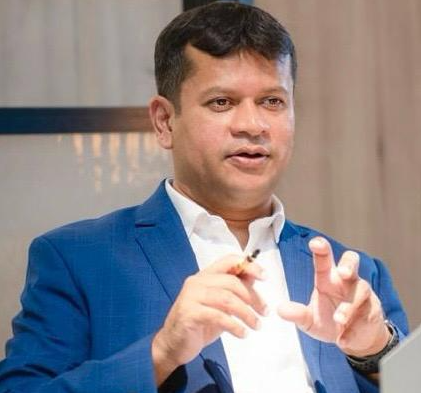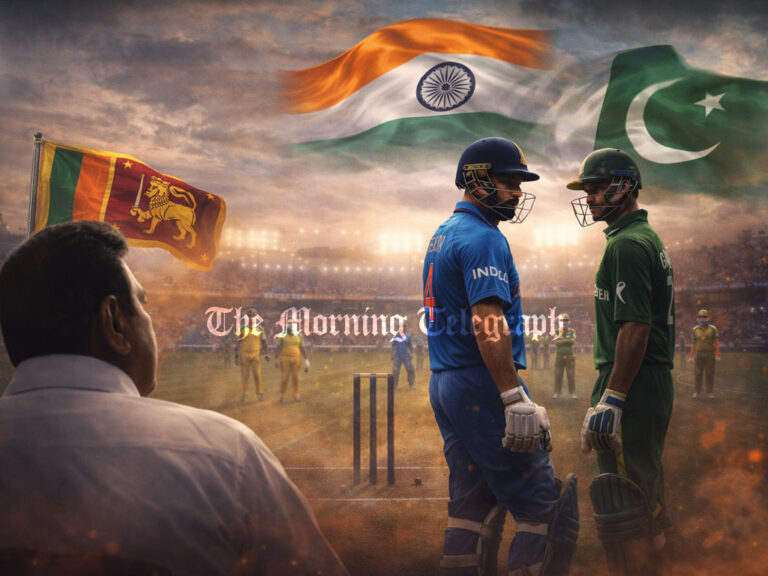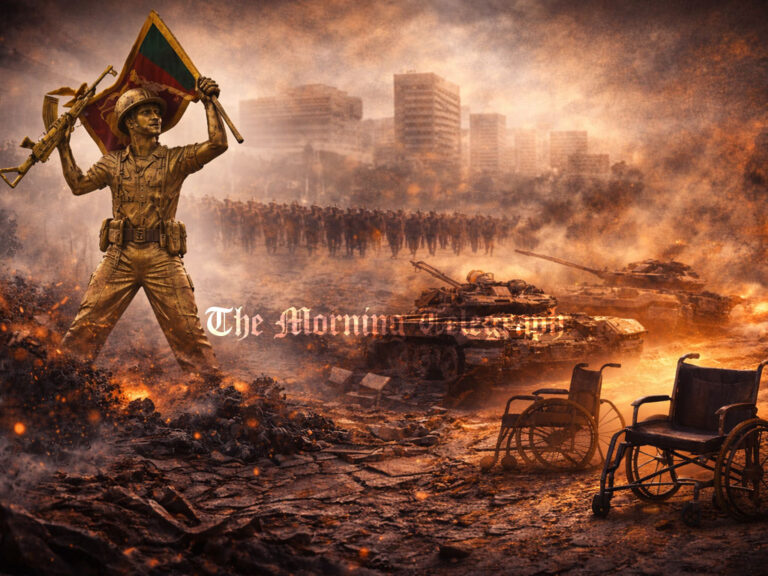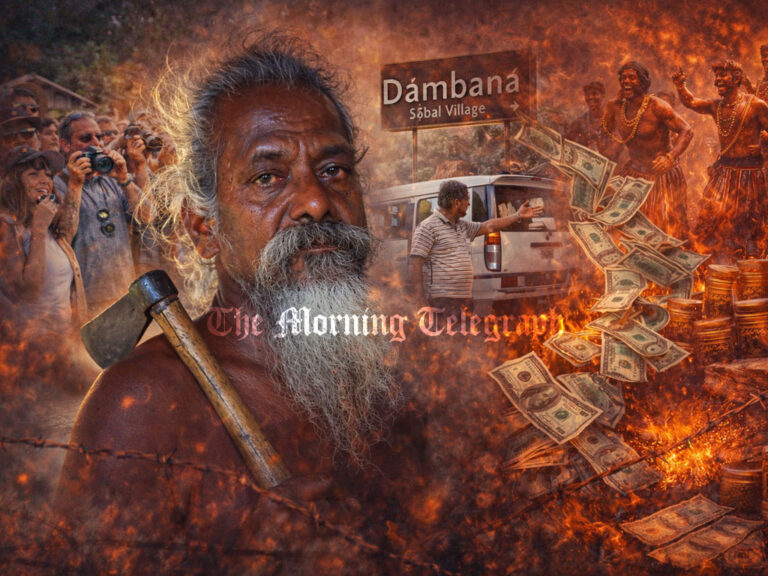
“I have no interest in any position in NOCSL” President of the FFSL Jaswar Umar responds to published reports.
Colombo, April 15, 2025 – In the midst of deepening turmoil within the National Olympic Committee of Sri Lanka (NOCSL), one of the country’s most prominent sports administrators, Jaswar Umar, has categorically ruled out any intention of contesting or accepting a position within the NOCSL. His decisive statement comes amid rising speculation that he may be poised to take on a leadership role in an attempt to stabilize the increasingly fragmented organization.
“I have no interest in any position in NOCSL now or in the future elections,” Umar declared, putting to rest rumors that had been circulating in sports and political circles for weeks.
The current President of the Football Federation of Sri Lanka (FFSL), Jaswar Umar is widely regarded as a transformative figure in Sri Lankan sports governance. His tenure has been marked by a strong commitment to reform, institutional integrity, and national-level planning. Most notably, he played a pivotal role in lifting FIFA’s suspension of Sri Lanka, restoring international recognition and activity within a short span of eight months—a task few believed possible given the complex political interference that plagued the federation.
Restoring Sri Lanka Football
Jaswar’s leadership came at a time when Sri Lanka Football was at its lowest ebb. The country had not only lost its standing in international rankings but was also embroiled in administrative disarray. The previous government’s interference in the FFSL’s electoral process led to direct violations of FIFA’s governance rules, triggering a temporary suspension. Undeterred, Jaswar took the lead in coordinating directly with FIFA and other member associations to demonstrate compliance and restructure internal operations.
He also succeeded in uniting deeply divided factions within the sport, forging a broad-based coalition that now governs the FFSL. This unity allowed the federation to roll out a national football development agenda—a first of its kind in the country.
Under his leadership, Sri Lanka’s international football ranking improved from 207 to 200 in just one year—a feat no other South Asian country matched during the same period. More importantly, the national team qualified for the final rounds of the Asian Cup for the first time in 18 years. These achievements were made possible by strategic investments in training, player development, and the organization of ten international matches, the majority of which resulted in victories.
The Crisis at NOCSL
While football flourishes, the same cannot be said for the National Olympic Committee of Sri Lanka. The NOCSL has found itself in the middle of a crisis marked by infighting, governance concerns, and procedural irregularities. Last week, a Special General Meeting (SGM) called by the NOCSL was adjourned due to the lack of a quorum. Out of 31 voting members, including athlete representatives, only 9 members attended—well below the required threshold to conduct any official business.
The situation escalated further when NOCSL President Suresh Subramanium issued a letter suspending Assistant Secretary and Acting Secretary Chandana Liyanage. This action has been widely condemned by member federations as arbitrary and unconstitutional. According to the NOCSL constitution, such disciplinary decisions must be brought before the General Assembly and passed with a two-thirds majority. No such procedure was followed.
Jaswar’s Offer: No Position, Only Mediation
In his statement, Jaswar emphasized the need for collective leadership, transparency, and unity within the NOCSL. He offered to use his experience and relationships with multiple federations to facilitate dialogue but reiterated that he would do so only as a neutral facilitator, not as a candidate.
“Now, the current leadership must initiate a proper dialogue with everyone. I can facilitate bringing everyone to a table for a constructive conversation. But I will not be taking any position at NOCSL. I have enough responsibilities in football,” he said.
Jaswar highlighted the importance of good faith negotiations, urging all parties to refrain from finger-pointing and to instead focus on shared goals. His message was clear: only a united front can regain the trust of international bodies such as the International Olympic Committee (IOC) and the Olympic Council of Asia (OCA), especially at a time when Sri Lanka is already facing restrictions on Olympic funding.
The Bigger Picture: Responsibility Beyond Titles
Jaswar also issued a powerful reminder to all sports administrators: “We are only guardians of sport—we are not its owners. Our responsibility is to the nation, to the athletes, and to future generations. Every decision we take must reflect that duty.”
His remarks have drawn wide support across the local sports community, with many federations privately and publicly expressing agreement that a collective and reformist approach is urgently needed to save the country’s Olympic movement from further decline.
Observers believe that unless immediate action is taken to address the governance issues within the NOCSL, Sri Lanka could face further isolation from international sporting events, potentially endangering the country’s participation in future Olympic and continental games.
What’s Next for NOCSL?
As the crisis deepens, the onus is now on the current NOCSL leadership to heed calls for reform. All eyes are on whether President Suresh Subramanium and his executive committee will choose the path of unity and dialogue or continue down a contentious road that could further divide Sri Lanka’s sporting community.
With Jaswar Umar publicly stepping away from any formal role while offering his support for reconciliation, the question remains: will others rise to the occasion and act with the same level of statesmanship and accountability?
In the coming weeks, the direction Sri Lankan sport takes may well define its credibility on the international stage for years to come.




